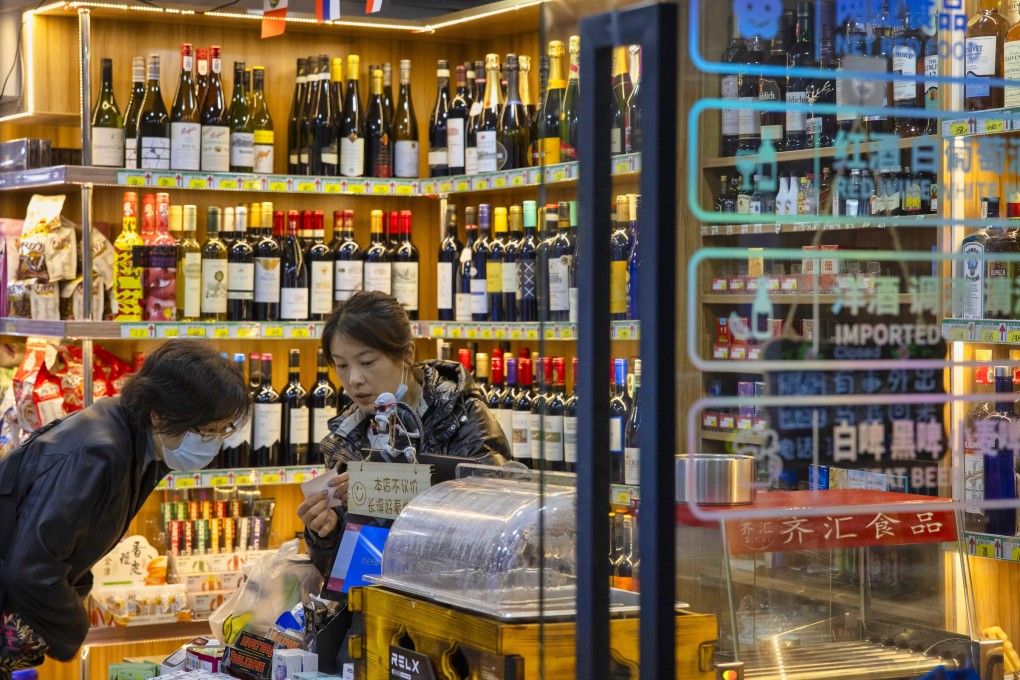China tariffs see Australia’s wine exports suffer ‘not unexpected’ decline
- Australia’s overall wine exports declined by 10 per cent in volume and by 19 per cent in value to A$2.08 billion (US$1.44 billion) in the year ended June 30
- Exports to China, including Hong Kong and Macau, fell by 74 per cent in value after Beijing imposed duties on containers of up to two litres in March last year

Australia’s wine exports showed a “not unexpected” decline during the 2021-22 financial year due to continuous drop in sales to China and the ongoing coronavirus pandemic, according to official figures from an Australian statutory body.
Overall wine exports declined by 10 per cent in volume to 625 million litres and by 19 per cent in value to A$2.08 billion (US$1.44 billion) in the year ended June 30, according to Wine Australia’s export report released on Tuesday.
This has created an “extremely challenging” operating environment for many Australian wine exporters, the report said, with the ongoing impact of the coronavirus, including severe shipping delays and increased freight costs, as well as rising inflation, business costs and interest rates also taking a toll.
“When mainland China is excluded from the data, exports increased by 5 per cent in value to A$2.06 billion, an increase of A$105 million – the highest value since 2009–2010,” said Wine Australia manager for market insights, Peter Bailey.